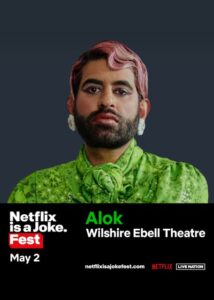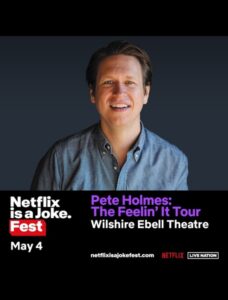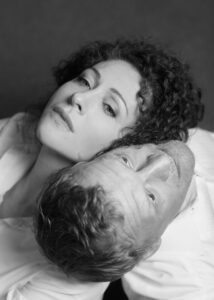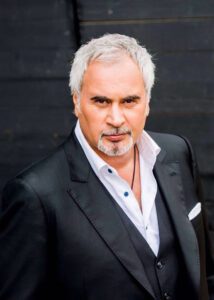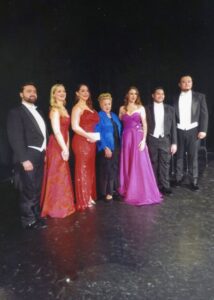
- This event has passed.
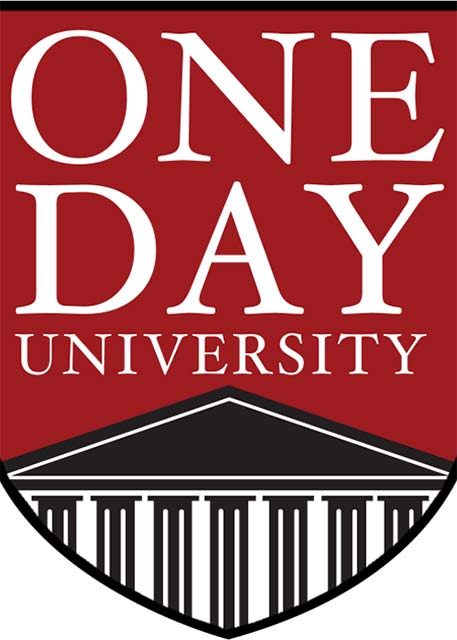
One Day University: A Day of Genius with the Los Angeles Times
February 8, 2020 @ 9:30 am
9:30 am – 10:35 am
The Remarkable Genius of Benjamin Franklin
Caroline Winterer / Stanford University
Benjamin Franklin was truly a genius, recognized as such at home and abroad, in his own time and still today. George Washington referred to him as “that great philosopher.” Thomas Jefferson called him “the greatest man of the age and country in which he lived.” John Adams said of him, “Franklin had a great genius, original, and inventive, capable of discoveries in science no less than of improvements in the fine arts and the mechanical arts”. The lightning rod was the most spectacular. After that invention, the world began to look upon natural phenomena in a different light, recognizing man’s ability to understand and control them through science and invention. But for Franklin it was only one of many. Another of his original creations, bifocal eyeglasses, was very simple and came to him without any previous experimentation. One contemporary claimed Franklin invented them so he could watch the girls across the room while still keeping his eyes on the one next to him. A third original invention of Franklin’s is daylight saving time, which gives extra hours of daylight to enjoy in the evening.
A stickler for economy, Franklin’s dictum “early to bed, early to rise, makes a man healthy, wealthy, and wise” urged his fellow countrymen to work during daylight and sleep after dark, saving money on candles. He calculated that if all the families of Paris who caroused until late at night and then slept until noon would arise with the sun six hours earlier, 64 million pounds of candle wax would be saved in six months’ time. In fact, both Mozart and Beethoven wrote music for an instrument invented by Franklin, the glass armonica. In Europe, Franklin’s fame for the armonica rivaled the reputation he had achieved for his electrical experiments and lightning rod. Franklin never patented any of his inventions, saying, “I never made, nor proposed to make, the least profit by any of them.” It was a matter of principle with him that, as he had benefited from past inventions and discoveries, present and future generations should be able to benefit freely from his inventions. Among his other inventions were an improved printing press, a flexible catheter, an extension arm for grasping items beyond one’s reach, his famous stove and room heater, a modified odometer, a three-wheel clock that displayed seconds, minutes and hours, an improved oil lamp, flippers to aid swimming, and even a sea anchor.
Caroline Winterer / Stanford University
Caroline Winterer is William Robertson Coe Professor of History at Stanford University. Her latest book is, “American Enlightenments: Pursuing Happiness in the Age of Reason.” She is a recipient of an American Ingenuity Award from the Smithsonian Institution for mapping the social network of Benjamin Franklin, and is also a Distinguished Lecturer for the Organization of American Historians.
The Political Genius of Frederick DouglassChristina Greer / Fordham University
Frederick Douglass, one of America’s most important historical figures, continues to inspire modern day human rights and civil rights activism. He was an educator, activist, abolitionist, and public speaker. Born into slavery in or around 1818 in Talbot County, Maryland, his owner’s wifetaught him the alphabet; he subsequently taught himself to read and write. While still enslaved, Douglass taught others how to read and write. Douglass escaped his enslavement and fled to New York and then Massachusetts, where he became involved in the abolitionist movement.
Douglass traveled the U.S. advocating for the abolishment of slavery, as well as the UK and Ireland, and forged relationships with others fighting for freedom and equality. He was an advocate for women’s rights, and specifically the right of women to vote. Douglass was even asked by Victoria Woodhull to serve as her Vice President in 1872. In this class, we will discuss Douglass’ life and work as an advocate for electoral participation, gender inclusion, and racial equity. We will discuss the historical implications of the Emancipation Proclamation, and the subsequent amendments to the Constitution expanding the civil rights and civil liberties in the U.S. In this current political moment, it is important to contextualize the efforts of Douglass to change hearts and minds towards the institution of slavery across the U.S. and abroad.
Christina Greer / Fordham UniversityChristina Greer is an Associate Professor of Political Science at Fordham University. Her book “Black Ethnics: Race, Immigration, and the Pursuit of the American Dream,” was the recipient of the WEB du Bois Best Book Award. She was also voted City & State’s 2014 Top 40 Under 40 Rising Stars. Professor Greer is a frequent political commentator on several media outlets, primarily MSNBC and NY1, and is often quoted in media outlets such as the NYTimes, Wall Street Journal, Newsday, and the AP.
The Literary Genius of ShakespeareSeth Lerer / University of California at San Diego
Where would we be without Shakespeare? The romantic love of the “star-crossed” Romeo and Juliet, the Oedipal complex of the eternally indecisive Hamlet, the “vaulting ambition” (Shakespeare’s phrase) of the tortured Macbeth… all of these characters and so many more are an integral part of our collective memories. Shakespeare’s surviving works consist of 38 plays, 154 sonnets, two long narrative poems, and several other poems embedded into the plays themselves. It is indeed impossible to imagine the English language and Western literature without Shakespeare, who many believe to be the greatest writer of all time. However we rank him, one thing is certain: when we read Shakespeare we encounter genius; an inventiveness and intellectual energy that will change our understanding of language – and literature – forever.
Seth Lerer / University of California at San DiegoSeth Lerer is Distinguished Professor of Literature and former Dean of Arts and Humanities at the University of California at San Diego. He has published widely on literature and language, most recently on Children’s Literature, Jewish culture, and the life of the theater. He has been awarded the National Book Critics Circle Award and the Truman Capote Prize in Criticism. His book, “Tradition: A Feeling for the Literary Past,” appeared in 2016, and his most recent book is “Shakespeare’s Lyric Stage,” will be published in the fall of 2018.

